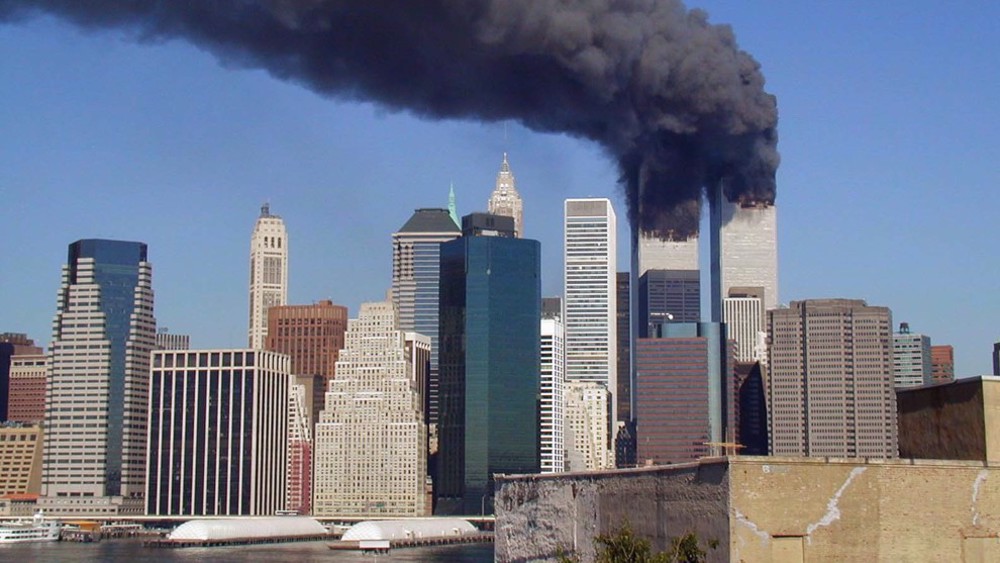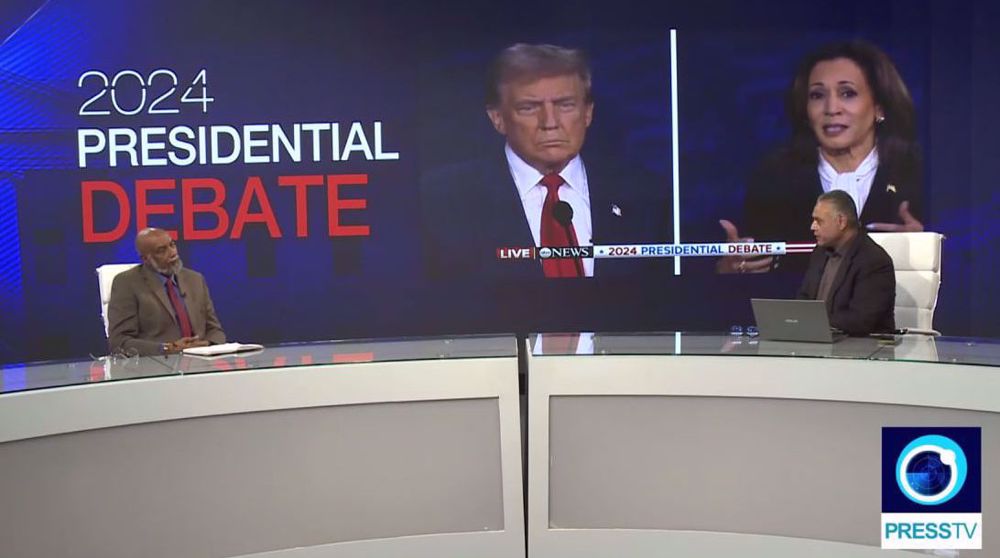UN unwilling to intervene in Palestinian case: Activist
Press TV has interviewed Paul Larudee, with the Free Palestine Movement from Berkeley, on the Palestine Authority’s call for international intervention to protect Palestinians from Israeli aggression.
The following is a rough transcription of the interview.
Press TV: The Palestinian prime minister is complaining about Israeli aggression and says they’re going to actually bring the whole situation of Israeli expansionism to the attention of the UN Security Council. Your take on all this. Is it something that needs to be brought to the attention of the UN? Does the UN not know what’s going on in occupied Palestine? How do you see it, Sir?
Larudee: I see it as theater. This is theater everybody knows the United Nations is not going to intervene, they’re not going to send troops and that they’re going to be denied. This is just words that are passing.
It’s going to take more than diplomacy to protect Palestinians. It’s going to take more than that. I don’t think, there are very many powers that have the ability to protect Palestinians from Israeli aggression and those that might be interested in doing so, they don’t have the power and the ones who have the power are not interested in doing so.
Press TV: What is the key, we’re talking about 181 Palestinians being killed since October, I guess that should average around 40 to 45 people a month. What is it going to stop, how is it going to stop, if you’re saying and rightly is of course the role of the UN and that they’re not going to do anything? Then, who is going to have to stop this oppression inside of Palestine?
Larudee: The rest of us have to do it. It’s going to be non-state actors for the most part that will have to do it. And first and foremost, it needs to be the Palestinians themselves, but it’s going to take a great deal of imagination, coordination, hopefully organization, unity more than anything else and it’s going to require a great deal more sacrifice very likely; then, 40 Palestinians a month in order to achieve it.
And I wouldn’t blame the Palestinians at all, if they’re not willing to do that because it’s potentially a horrifying kind of resistance that there would be required; so it’s a lot to ask.
Press TV: Do you see, as far as your contacts in the Palestinian territories, you said it’s a lot to ask of them, many would say it’s very difficult to live under this type of oppression decade after decade that perhaps this continued resistance and pressure is the key to it all? How do you monitor the situation on the ground? Do you think the Palestinians are there? Do you think that they are willing and ready to make this ultimate sacrifice in order to achieve liberation?
Larudee: I really can’t speak for them and there’s only one way to know and that’s for it to happen, but honestly it’s very, as we know, it’s very difficult to achieve the kind of unity necessary among the Palestinians.
But it’s also very difficult to supply the organization because the Israeli forces and the Israeli powers have multiple means of disrupting the communication between Palestinians and destroying any attempt at unity, and of organizing this kind of resistance.
VIDEO | Press TV's news headlines
Iranian satellites launched into space as private sector debuts in space industry
VIDEO | Iran, Azerbaijan conduct joint maritime rescue operations
VIDEO | Yemen’s Red Sea divide: Naval forces block Israeli-linked ships in strategic ‘parting of the water’
VIDEO | Southern Gaza: Israel’s facade for famine and suffering
VIDEO | IOF hampering humanitarian aid
VIDEO | Sharmahd: Justice Done
Iran repeatedly warned Israel not to test its will: FM













 This makes it easy to access the Press TV website
This makes it easy to access the Press TV website